Back to Courses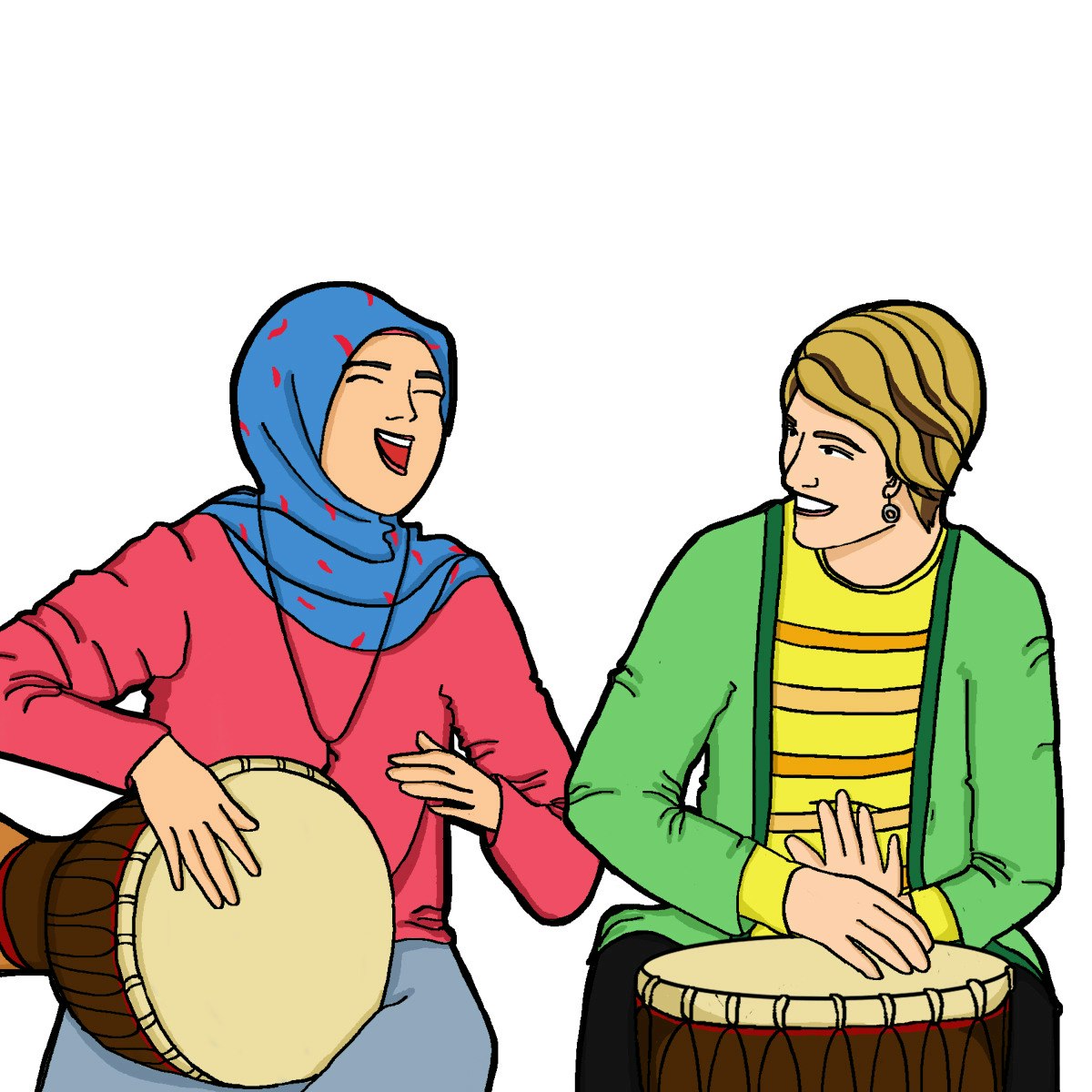

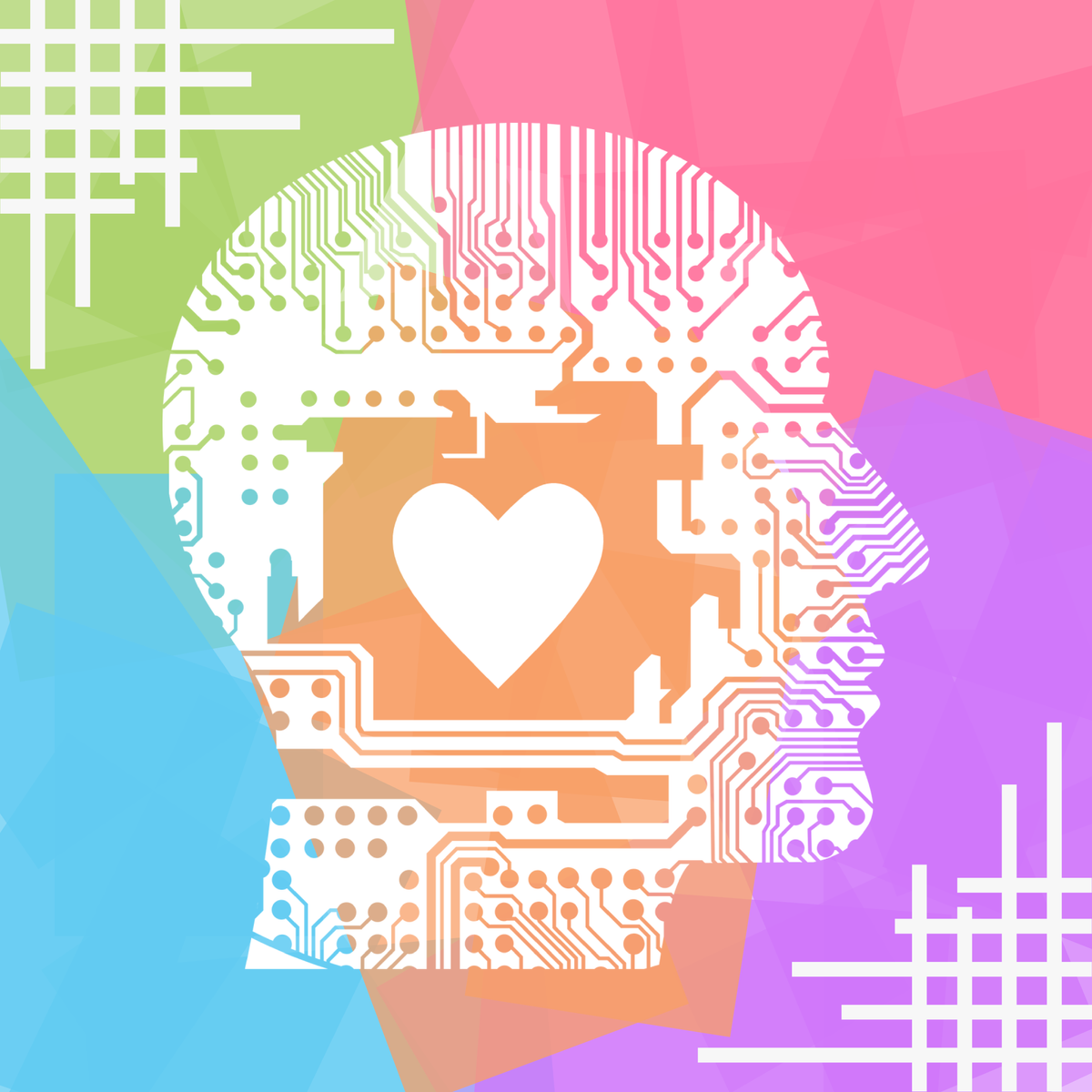
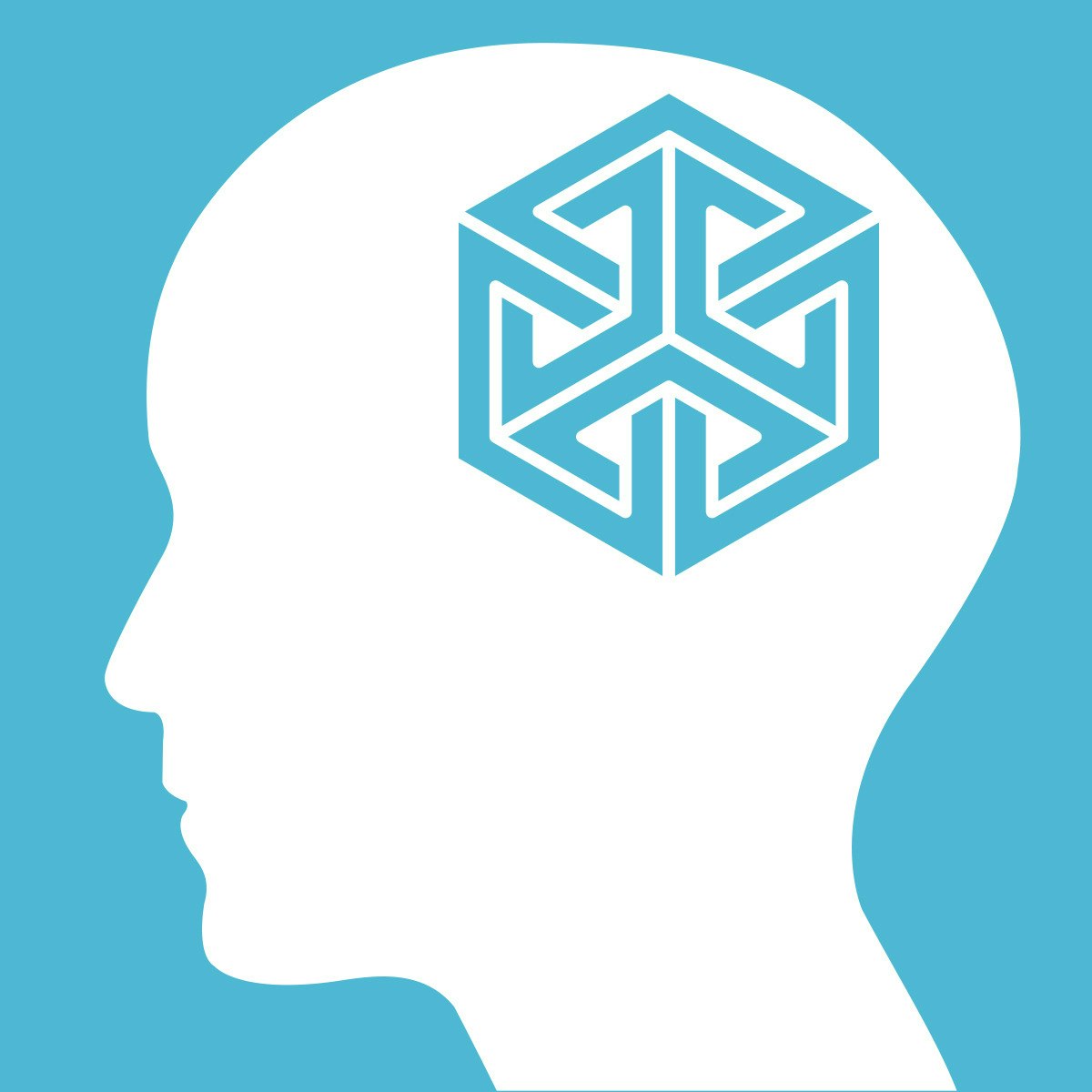
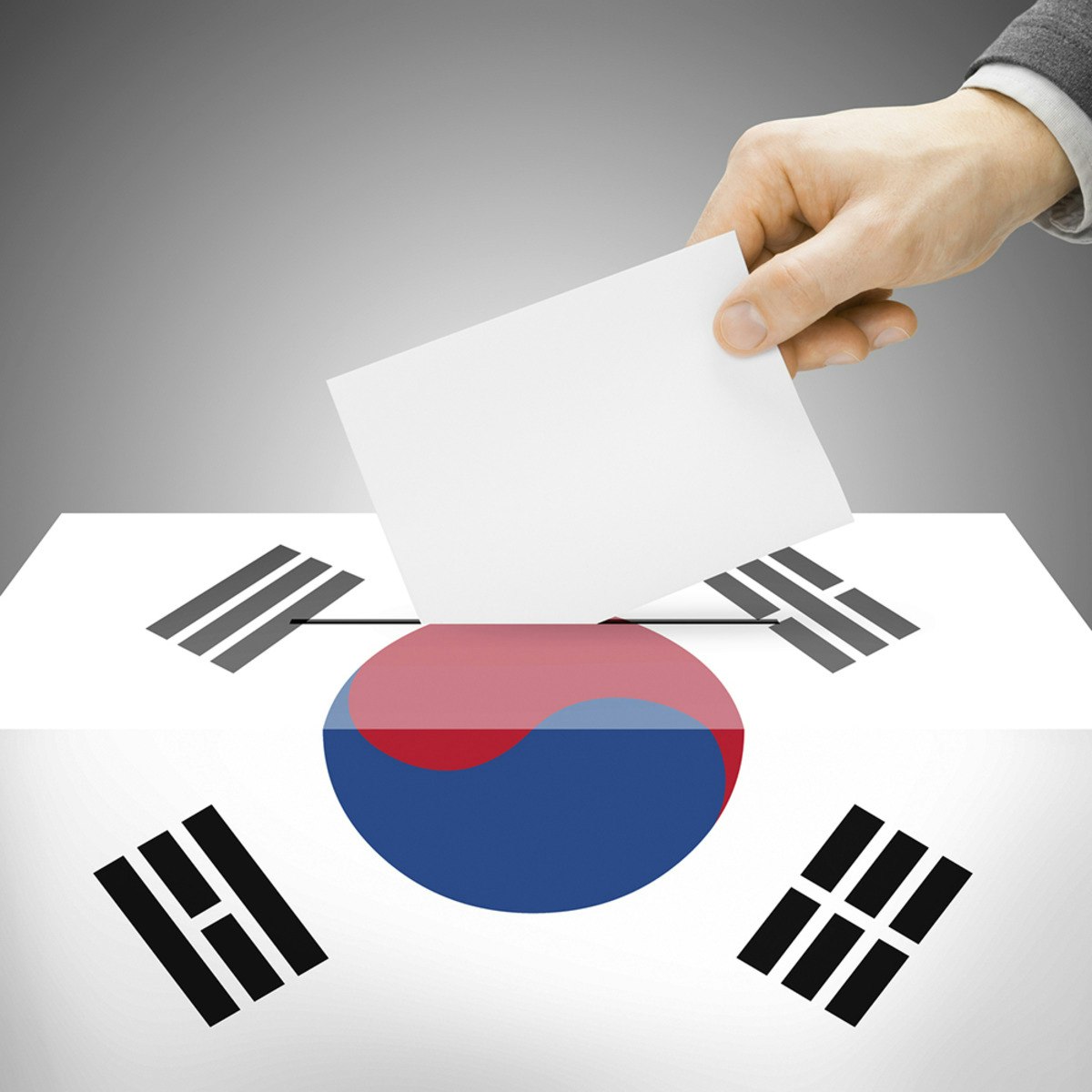



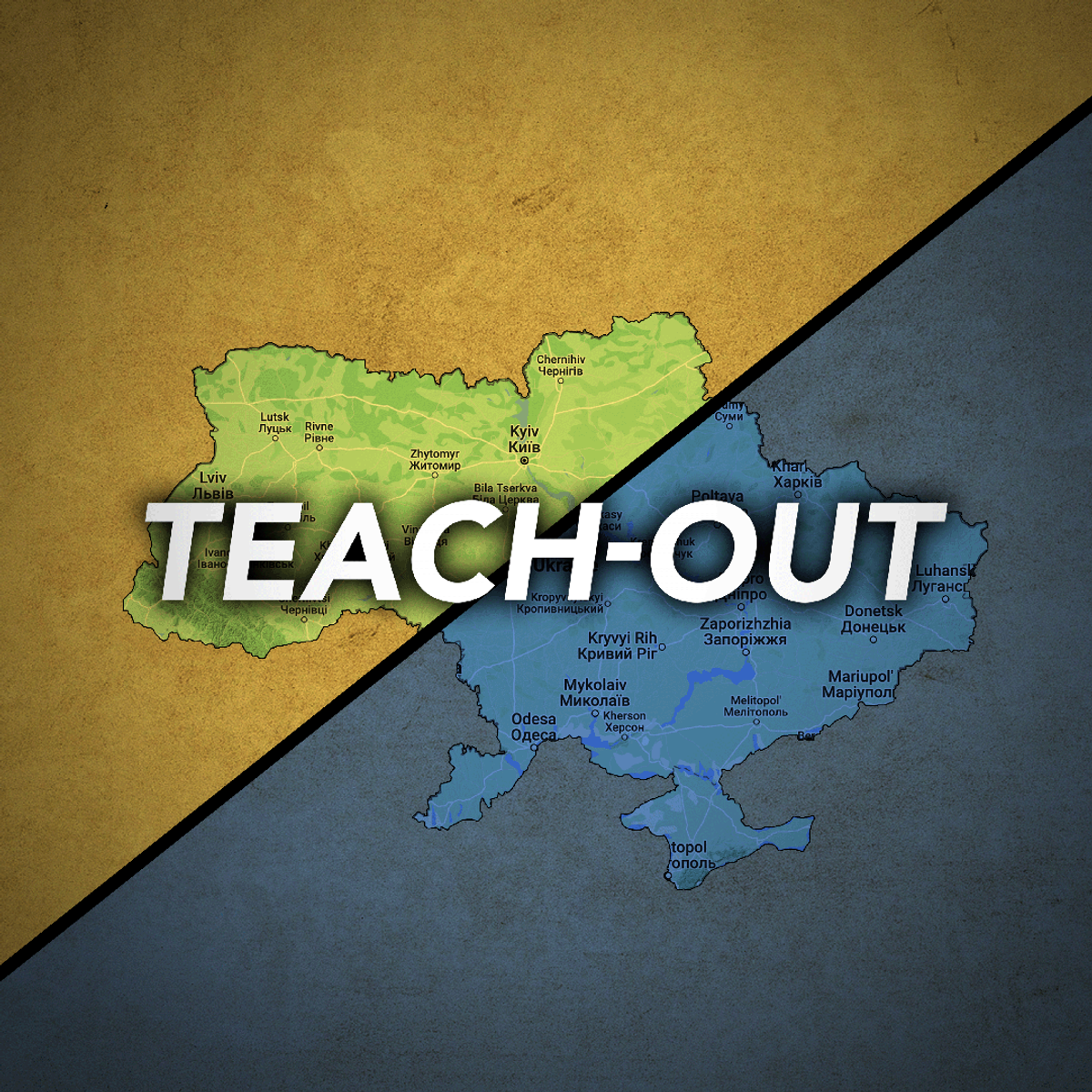
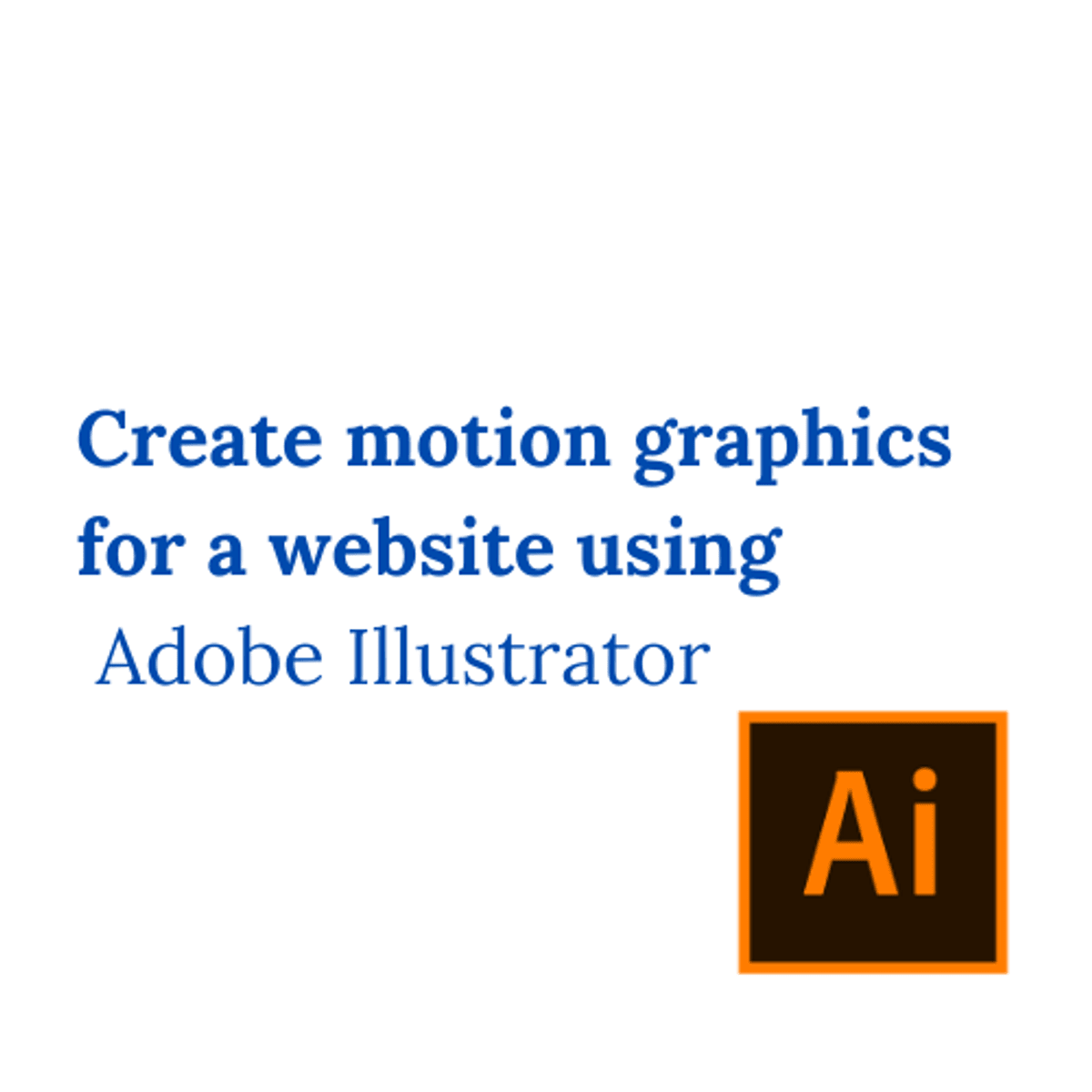
Arts And Humanities Courses - Page 31
Showing results 301-310 of 464

How Music Can Change Your Life
Did you ever wonder how music works?
This course provides free video, audio and journal resources that explain six basic principles about how music can influence individual and community health and wellbeing. From biology and neuroscience, to psychotherapy and politics, the ways we engage with music can make all the difference. Music has always played an integral role in the lives of individuals and communities all around the globe. This course explores the ways that music can be used to achieve positive changes with a particular emphasis on the most vulnerable persons. Six different understandings will be explored, each with their own set of values and assumptions. The greatest thinkers in each approach believe that their way of explaining the power of music is right, but we will show that understanding music in its entirety delivers the best results in each unique circumstance. Once we understand the various ways that music can change the world, we can make informed decisions about how best to employ its extraordinary power.
Learners who engage in this MOOC can expect to both deepen and broaden their understanding of how music can be used with individuals, groups and communities. Specifically: • To distinguish between how music works on the body, in the brain, through the unconscious, for bonding, as political action and in reflecting culture, • To design practical programs that utilise music to support individuals, groups and communities based on examples shared in the ‘on-site’ case studies.
View the MOOC promotional video here: http://tinyurl.com/jnde3w3

Concept Art for Video Games
In this course we will talk about Concept Art. As a final project we will create a fully finished environment concept, ready for presentation. Throughout the 4 week modules will dive deeply into composition and digital painting techniques to bring your art skills to the next level! So, let's get started!

AI, Empathy & Ethics
This nontechnical course provides an overview of artificial intelligence advancements and the ethical challenges we now face as we navigate the development, implementation, and ubiquitous global use of AI.

AI and the Illusion of Intelligence
Will AI soon be surpassing humans? This is rapidly becoming one of the central questions of our time -- but it is the wrong question. In this course, we will provide a non-technical look at where AI has come from, and where it is going. We will see that there is no reason to expect that AI will be surpassing humans. Instead, what we are learning to create with AI is the illusion of intelligence.

Understanding Korean Politics
This course will select six most outstanding issues in contemporary Korean politics and will engage in an in-depth, interactive inquiry of those issue. They include Korean politics in history, institutional setting of Korean politics, and dynamics of political culture in Korea, profiles of political leadership, myth and reality of the developmental state and the Korean economic miracle, and debates on Korean unification. The course will expose students to contending theories and empirical reality at first hand.
After completing this course, learners will be able to
1. Grasp the most salient and timely aspects of Korean politics..
2. Place South Korean politics in comparative perspectives.
3. Digest a delicate mix of theory and practice regarding Korean politics.
4. Come up with new interpretations of political development in South Korea.
5. Most importantly renew their genuine interests in Korea and Korean politics.

The Holocaust - An Introduction (II): The Final Solution
The Holocaust was an inconceivable historical event, which forever robbed Western culture of its innocence. As civilized human beings, we fail to understand how events of such horror could have taken place, and how an idea so inhumanly warped could have spread like wildfire through an entire continent, instigating the systematic annihilation of millions of Jews.
This free online course was produced jointly by Tel Aviv University and Yad Vashem – the World Holocaust Remembrance Center. This course is the second of the two courses and covers three themes in its three weeks:
Week 1: The Final Solution
We’ll look at the cultural and mental processes that paved the way to the comprehensive and systematic mass murder of Jews in Europe – that is, the Final Solution. As part of this hard lesson we will discuss the various characteristics of the murder sites and death camps, and reveal selected aspects of the horror that occurred in them.
Week 2: Jewish and Non-Jewish Responses to the Holocaust
We will try to explore questions regarding knowledge about the application of the Final Solution, as well as a variety of responses and annihilation of victims, local populations and perpetrators.
Week 3: The End of the War
We will dedicate this lesson to the events that occurred in the last years of the Holocaust, as well as questions of memory, commemoration and future research.
We strongly recommend that you register for "The Holocaust - An Introduction (I): Nazi Germany: Ideology, The Jews and the World" as well (https://www.coursera.org/learn/holocaust-introduction-1/home/welcome). Taking both parts of the course would enable you to obtain a fuller and more comprehensive knowledge about The Holocaust.
This online course is offered in an innovative, multi-level format, comprising:
Comprehensive lectures by leading researchers from Tel Aviv University and Yad Vashem.
A wealth of voices and viewpoints presented by guest lecturers
Numerous documents, photos, testimonies and works of art from the time of the Holocaust.
Novel learning experience: Crowdsourcing – involving the learners themselves in the act of collecting and shaping information, via unique, exciting online assignments.

Christianity & Ecology
There is a need for broader literacy and deeper knowledge of the world’s religions and their ecological contributions. This course is designed as a gateway to the rich ecological dimensions of the Christian religious tradition. We delve into unique contributions from Catholic, Orthodox, and Protestant Christianity, exploring views on and relationship with the natural world. We additionally highlight the relationship between Christianity and environmental justice, evangelical approaches to “creation care”, and Christian teachings on biodiversity, climate change, and the relationship between human, Earth, and cosmos.
This course is for lifelong learners curious to know more about world religions and ecology, environmental professionals eager to deepen the discourse of environmental protection and conservation, those working with non-profit organizations and NGOs on issues of ecological justice, and religious leaders and laity who wish to know how they can contribute to interreligious dialogue on environmental projects.

History of Mental Illness
Our lexicon of mental illness is immense: There currently are hundreds of classified disorders and an extensive assortment of medications and therapies. This course explores the history of this productive science -- its discoveries, classifications, and treatments of psychiatric distress. The excursion begins with a general introduction and proceeds to explore 4 kinds of mental illness: neurasthenia, depression, attention deficits (ADD/ADHD), and narcissism. Each kind is examined in terms of its scientific research and classification; treatments developed to cure or alleviate its symptoms; lived-experiences of those so diagnosed with the disorder; and critical reflection on the diagnosis.
This course departs from histories that mainly chronicle scientific achievements and, instead, invites you to investigate how the scientific discoveries and therapies were deeply informed by cultural conditions of the time. The cultural influences on psychiatric science include ideals of individual happiness; conceptions about what is ‘normal’; notions of rational personhood; and existing social, gender, and racial hierarchies/biases. We investigate these cultural dynamics and then look at the lived experiences of those who were diagnosed or living with the condition. Paying attention to culture and lived experiences accords with the perspective of “mad studies,” a recent movement to foreground the people who suffer and the socio-political conditions surrounding their experiences. Exploring cultural dynamics and lived experiences along with the scientific milestones prepares us to critically reflect on world of psychopathology and on psychopathology in the world. In our reflection classes we will ask, for instance, about the forces behind incredible increases in depression and attention deficit disorder; racial and gender biases in research and treatment; the apparent happiness epidemic; and the prospects of neurodiversity.

Russian Invasion of Ukraine Teach-Out
The armed conflict in Ukraine first started in the beginning of 2014, when Russia invaded and annexed the Ukrainian region of Crimea. Over the past eight years, there has been ongoing conflict between Ukraine and Russia, with regular shelling and skirmishes occurring along Russian and Ukrainian borders in the eastern part of the country. On February 24, 2022, Russia launched a full-scale military invasion of Ukraine, plunging the entire country into war and sending shockwaves across the world. With casualties mounting and over one million Ukrainians fleeing the country, the need for dialogue and de-escalation have never been higher. In this Teach-Out, you will learn from a diverse group of guest experts about the history and origins of war in Ukraine, its immediate and long-term impacts, and what you can do to support people in this growing humanitarian crisis. Specifically this Teach-Out will address the following questions:
- How did we get here? Why did Russia invade Ukraine?
- What historical and cultural contexts do we need to know about in order to understand this conflict?
- How is cyber and information warfare impacting the conflict in Ukraine?
- What can be done to stop this war?
- How can we support Ukrainian refugees and displaced peoples?

Create motion graphics for a website using Adobe Illustrator
By the end of this project, you will create Motion graphics for websites using Adobe Illustrator CC. Throughout the tasks, you will be able to design your motion graphics, prepare them for animation, create shape tweening keyframes, work with Artboard sequences, and finally, you will export your design for final use.
This guided project is for Intermediate designers since we will develop from the basic knowledge of Motion and Designing concepts. Also, we are going to use designing tools in Illustrator like Shape tool, Drawing pen tool, Artboards ,and Masks.
This project will provide you with the ability to create Vector Look Motion graphics for Websites Using Adobe Illustrator which merges the power of Vector-based designing and Tweening concepts that can be applied with the Artboards feature that is available in Adobe illustrator. Knowing how to create Motion graphics with Adobe Illustrator opens a wide door of opportunities for you. especially for promising fields like Retail Business, Advertising, or Digital Marketing!
Adobe Illustrator is a very powerful Vector-based designing and illustration tool with multiple built-in vector-based features and tools which can elevate your production, especially with the clean and sharp look that Illustrator provides added to the new web-oriented features. Illustrator also is compatible with all other Applications from Adobe which makes the integration more efficient and effective
Popular Internships and Jobs by Categories
Find Jobs & Internships
Browse
© 2024 BoostGrad | All rights reserved